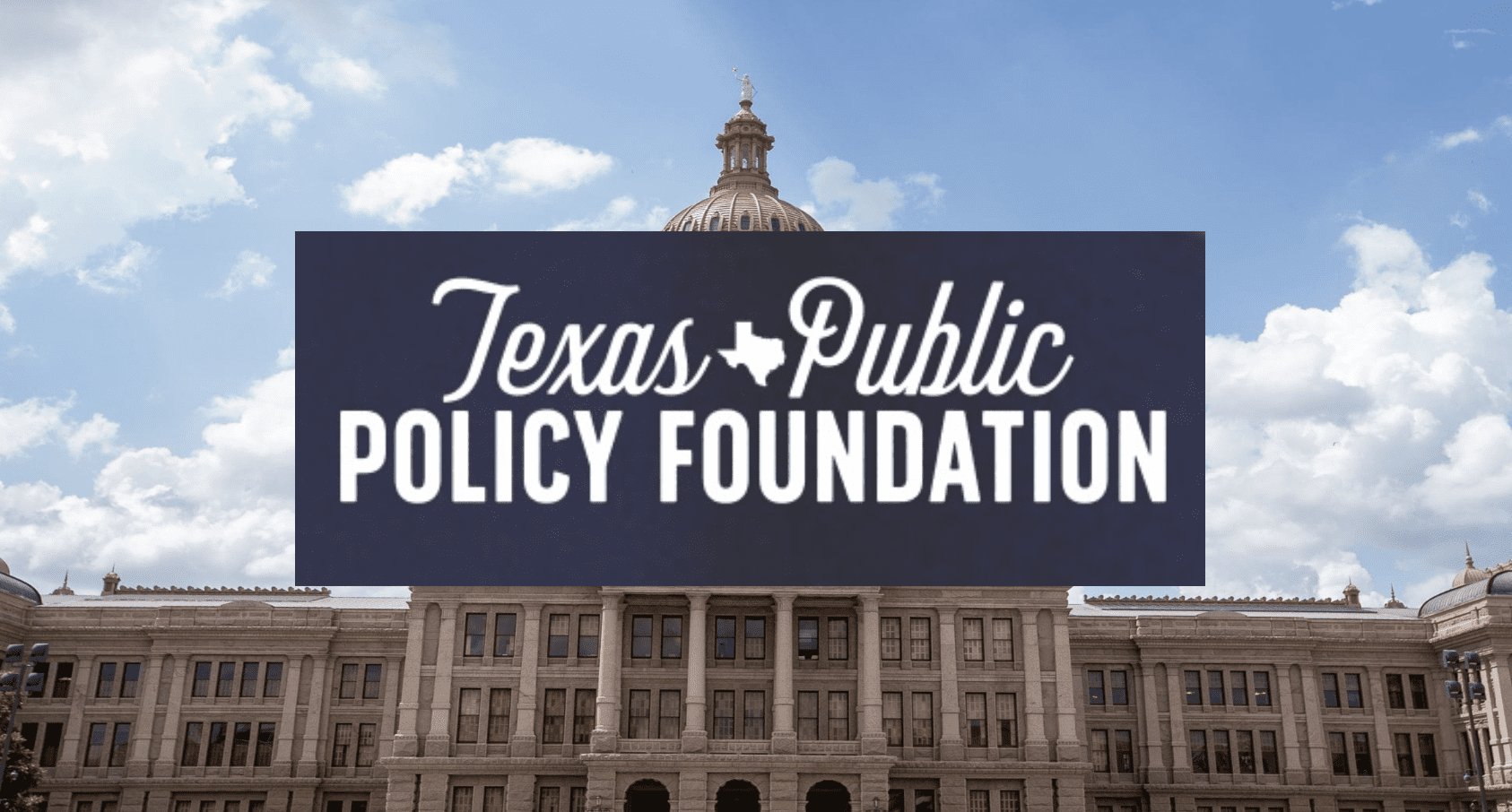Over the course of four decades, the University of North Texas received millions of dollars over and above their legislative appropriation. According to a new State Auditor’s Office report, the university manipulated payroll and accounting systems to inappropriately draw down millions in state funds. As a result, the university could owe the state nearly $76 million. Shockingly, no one is expected to face criminal charges in the misconduct.
Abysmal failure in legislative oversight and institutional incompetence within the university allowed the illicit practice to continue without scrutiny for many years. When confronted, the response from university officials essentially amounted to: “We didn’t know we couldn’t do that, no one noticed it before or told us it was wrong.”
Even now that the problem is known, legislators have failed to ask tough questions of the university regarding the wrongdoing.
The errors came to light after the State Auditor’s Office investigated an anonymous complaint filed in 2012. The State Auditor’s report finds that the financial irregularities, “involved a coordinated effort at the university.” Specifically, funds were inappropriately used as compensation in employee retirement accounts.
Claims from university officials pleading ignorance toward the problem are likely untrue. Letters from a financial planner, Phillip Young, formerly tasked with helping UNT employees establish retirement plans revealed that the university’s top brass have known about the lack of financial controls and potential for abuse since 2009, but dismissed the concerns.
In his letters to top university officials, Young further warned that a lack of proper, internal auditing controls could make the financial management of the university susceptible to malfeasance and scandal.
Another audit conducted by Deloitte & Touche found that the university has inappropriately taken over $84 million from the state in roughly the last ten years.
Also contained in the report is the finding that “[UNT’s] senior managers with fiscal responsibility should have known, or did know, that the university consistently exceeded its legislative appropriations.” According to the State Auditor, the practice was known to have occurred since the 1970s.
A glaring question that has yet to be answered is the extent to which elected officials failed to provide adequate oversight and needed accountability on behalf of taxpayers. Occurring at UNT is a microcosm of a broader problem in state government: agencies and entities that operate with so little accountability or oversight they can break the law for decades without question or confrontation, either internally or from elected officials charged with overseeing them. How could a major state entity operate for so long outside of its means without legislators asking the right questions and ensuring against this type of abuse?
Clearly, lack of any real budget inquiry in the current appropriations process enables the rubber-stamp know-nothing governance present at UNT and in other state agencies across Texas. Without a better budget process to ask the tough questions, bureaucrats will continue manipulating their books to max out your tax dollars.




